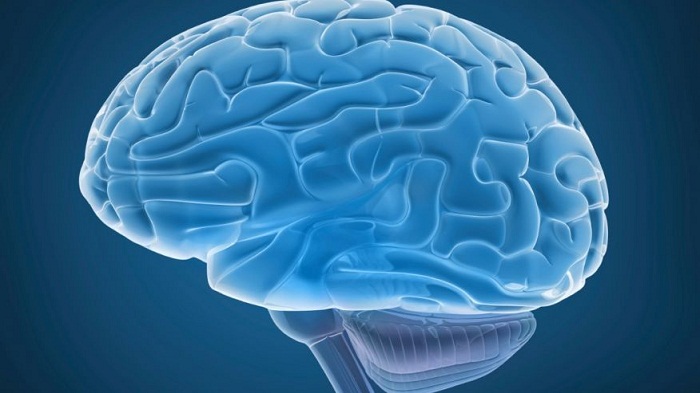Memory research could advance treatments of mental illness

But the researchers found that the memory does, in fact, remain stored in the brain and can be essentially zapped back into play through magnetic stimulation to specific cells, they report in Science.
No, this doesn`t mean that a brain zapper is in the offing to help you remember stuff, but researchers say the implications are still potentially large.
"This changes how we think about the structure of working memory and the processes that support it," says co-author Nathan Rose, per NPR. Another researcher, Brad Postle, explains why this could be a big deal down the road for those suffering from illnesses such as schizophrenia.
"A lot of mental illness is associated with the inability to choose what to think about," he says. "What we’re taking are first steps toward looking at the mechanisms that give us control over what we think about." It`s still a long way off, but the general idea would be to help people redirect their focus; in the case of schizophrenics, that would involve shifting from hallucinations to reality.















































